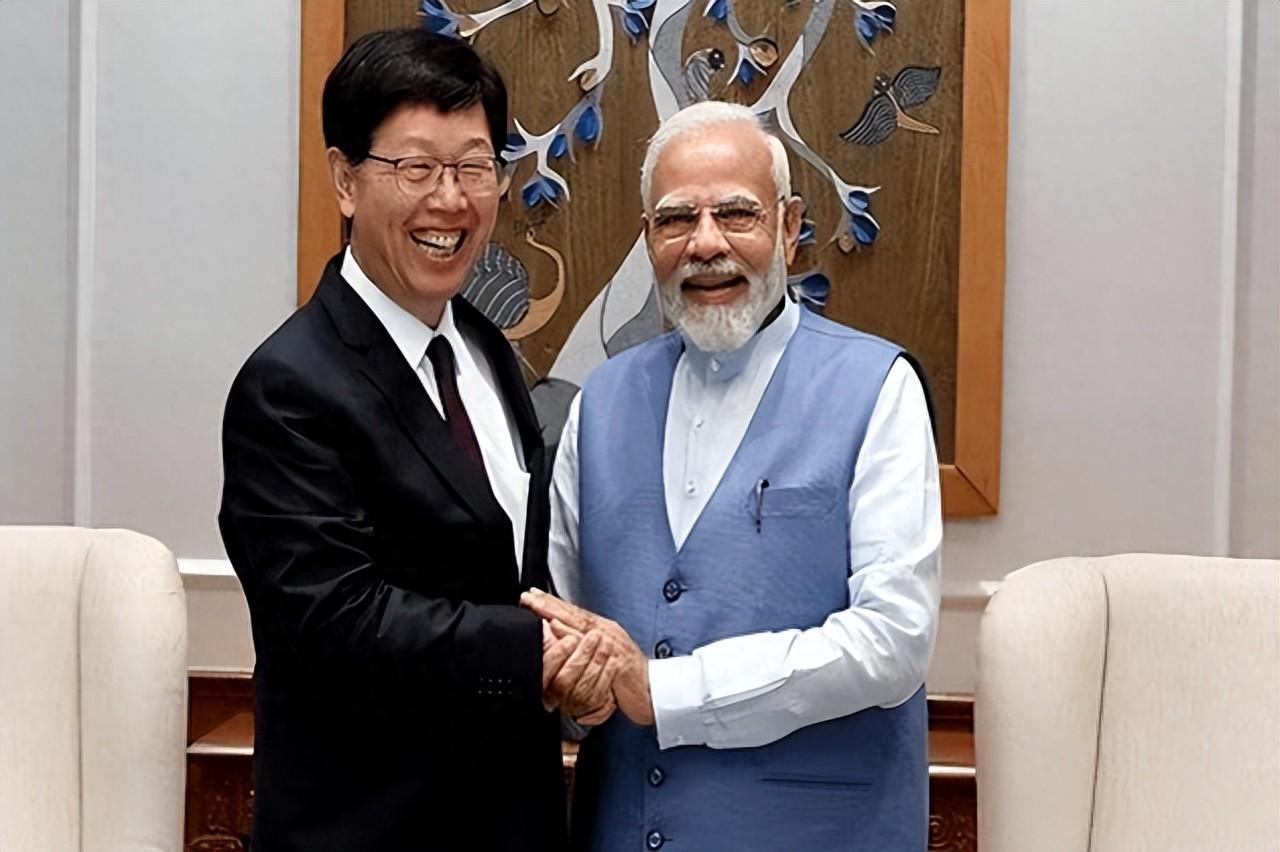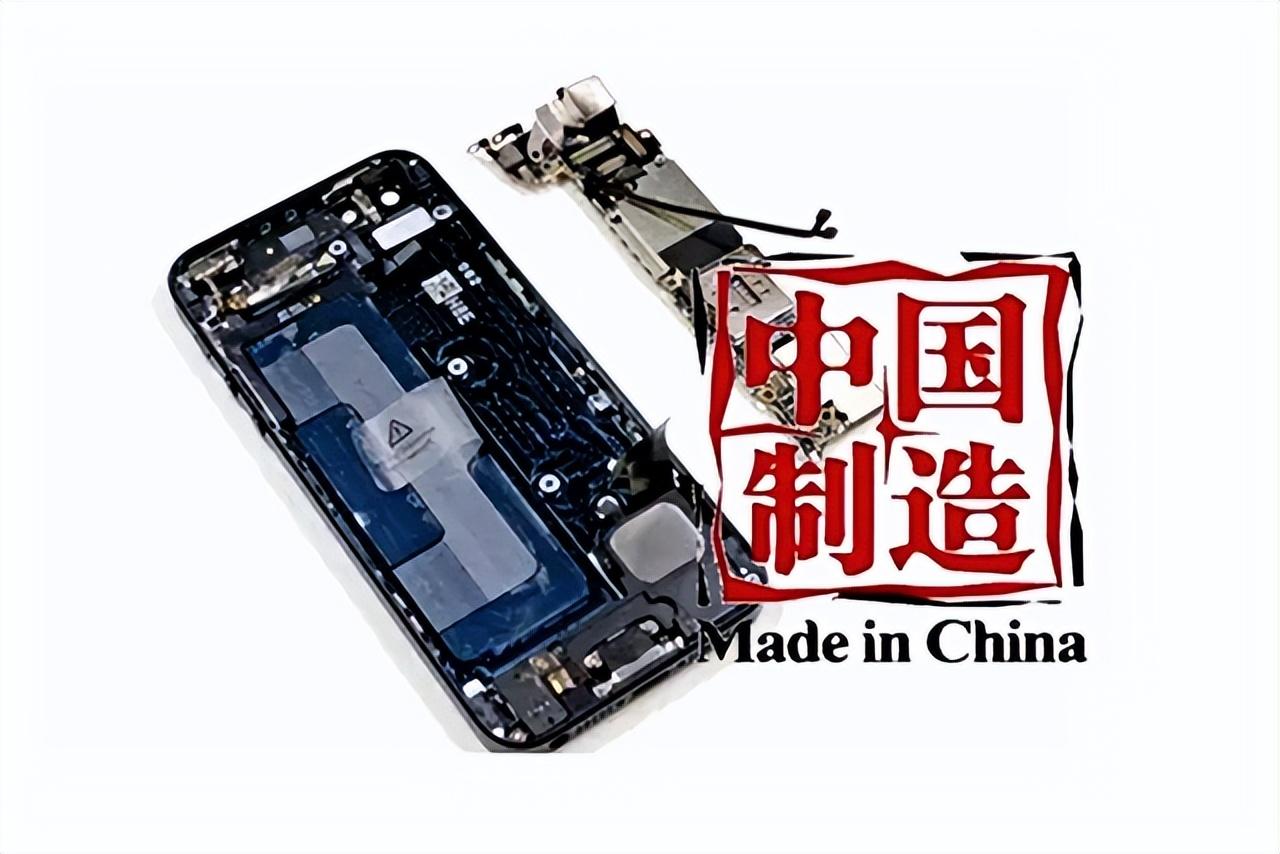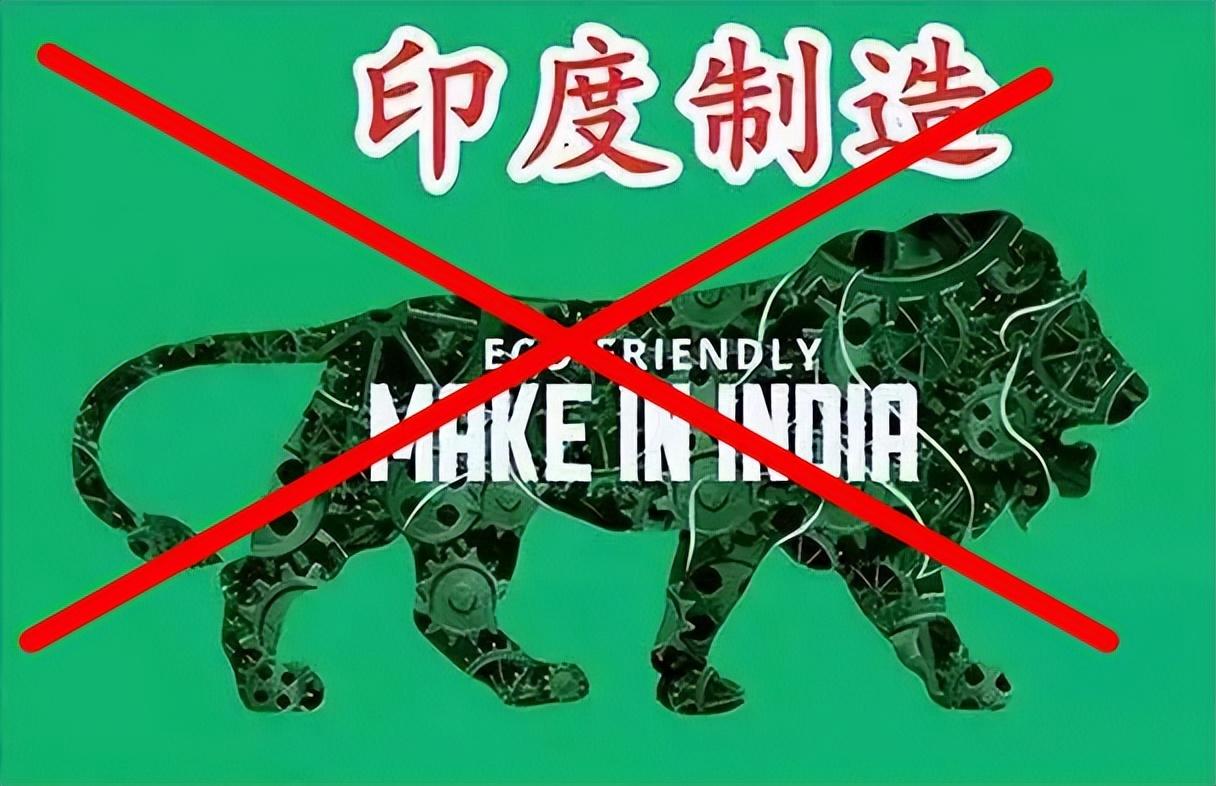Apple and Foxconn retreat to China, leaving India panicking, and Modi rushes to appease Foxconn
![]() 08/19 2024
08/19 2024
![]() 538
538
Recently, Foxconn has been actively recruiting workers in China, hiring 50,000 people in just two weeks. Apple has also shifted most of its iPhone 16 production to China and given more iPhone 16 orders to two Chinese contract manufacturers. These moves indicate a significant shift away from the previously pursued Make in India initiative, which has undoubtedly shaken India. It is reported that Modi has met with Foxconn Chairman Liu Yangwei.

While both sides have expressed their commitment to strengthening cooperation and India's friendliness towards foreign enterprises, the experiences of Foxconn's peers, Wistron and Pegatron, in India are already well-known. Wistron was forcibly acquired by India's Tata Group last year, and Pegatron's controlling stake is currently under negotiation with Tata. It is widely believed that Pegatron's loss of control over its Indian factory is inevitable.
Foxconn cannot ignore these developments. It likely fears becoming a target for Indian conglomerates. This situation is not solely determined by Modi, as the influence of Indian conglomerates extends far beyond what one might imagine, influencing various aspects of India's society and economy. Even Indian Prime Minister Modi cannot ignore their impact.
Foxconn has already suffered significant losses in India. Due to certain pressures, Foxconn's factory, which primarily manufactured products for a Chinese mobile phone company, lost 70% of its orders to local Indian manufacturers, leading to the departure of senior executives and employees. This situation has undoubtedly raised alarms for Foxconn.

Facing tangible losses, Modi's reassurances are unlikely to have much impact. Business people must be realistic. In contrast, Foxconn, Wistron, Pegatron, and others have been operating in mainland China for decades and retain control over their factories. They are well aware of this reality.
Foxconn has played a pivotal role in the Make in India initiative. When Modi became Prime Minister in 2014, he proposed the initiative, but progress was slow until 2017 when Foxconn partnered with a Chinese mobile phone company to manufacture phones in India. This collaboration marked a turning point for Indian manufacturing.
The Chinese mobile phone company subsequently achieved great success in India, consistently ranking first in the Indian mobile phone market since 2017. Inspired by its success, several other Chinese mobile phone companies followed suit, setting up factories in India. One company even expressed plans to use its Indian factory as a base for exporting to the Middle East and Africa, thereby boosting India's mobile phone manufacturing industry.

The mobile phone supply chain established by Chinese companies in India attracted Apple and Foxconn to collaborate on setting up an iPhone manufacturing plant in India in 2019. Subsequently, Wistron, Pegatron, and others also established factories in India under Apple's influence. This period marked the peak of India's manufacturing sector, but it seemed to have reached its zenith at that time due to the intervention of greedy Indian conglomerates.
India first targeted the Chinese mobile phone companies that had opened up the market for it. In recent years, India has frequently imposed hefty fines on Chinese mobile phone companies, followed by actions against Wistron and Pegatron. After securing control over Wistron and Pegatron, it was reported that an Indian conglomerate was close to acquiring control over a Chinese mobile phone company in India, but Apple's intervention halted the deal. These developments have raised concerns among Apple and Foxconn, leading to Apple shifting most of its orders to China and Foxconn recruiting workers on a large scale in mainland China.
This situation is not good news for India, as its manufacturing supply chain is still incomplete. Indian mobile phones rely heavily on components imported from China. Although Apple had encouraged several mobile phone supply chain companies to set up factories in India last year, their concerns about the experiences of Chinese mobile phone companies have led to hesitation. This may turn out to be a blessing in disguise, as investing heavily in factories only to see Apple and Foxconn return to China could result in significant losses.

Modi is undoubtedly aware of the impact of the departure of these manufacturing companies on India's manufacturing sector. After all, the development of mobile phone manufacturing has been the biggest achievement of Make in India over the past decade. Modi's personal meeting with Foxconn Chairman Liu Yangwei underscores his commitment to addressing this issue. However, the greed of Indian conglomerates has negatively impacted the global perception of the Indian market, further damaging India's reputation as a foreign investment destination. As a result, Make in India may struggle to recover.







